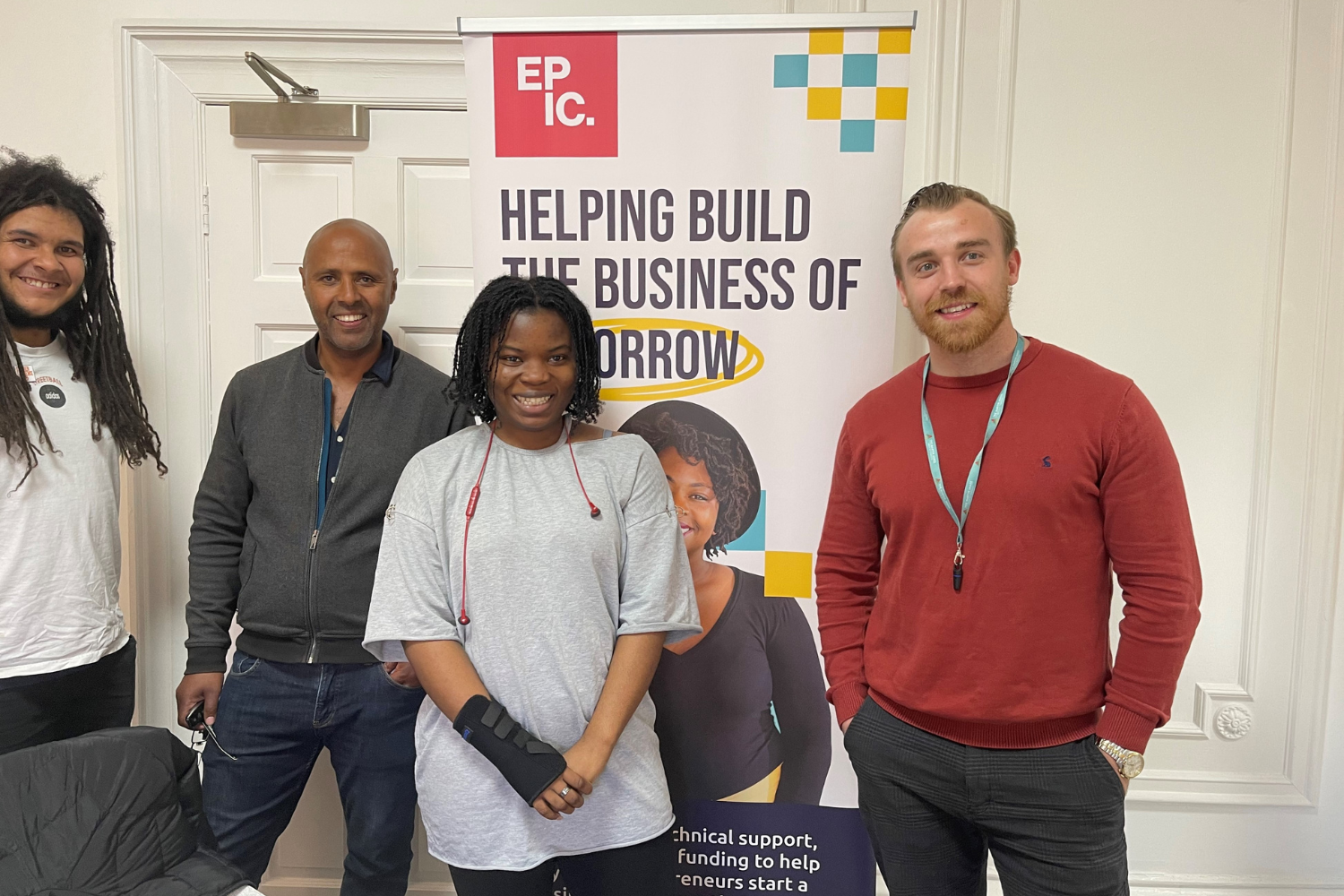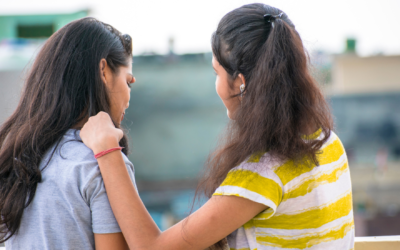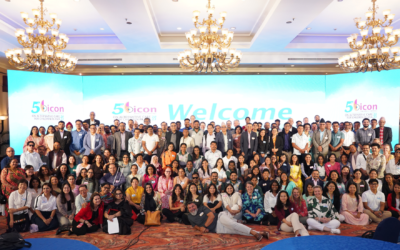EPIC Future was conceived in 2018 and borne out of a passion and desire to empower entrepreneurial young people to realise their business dreams. Since the start, it’s purpose has to been to close the gap that can exist for some young people due to adverse life factors and provide them with real, meaningful opportunities and the chance to fulfil their potential.
Being part of the Martin James Foundation, the team already had a long and successful history of creating inclusive communities through the work with improving outcomes for young people and families globally. This experience, coupled with the desire to empower more young people utilising the business start-up expertise of its founders, and resources from across the Martin James Network, created the focus of EPIC to do something more locally and give back to the community in the West Midlands.
EPIC Future initially started via a partnership with the Birmingham Careleavers Association, as a place to refer young people to, who had a dream and the will to set up their own business. Funding was raised from a mixture of corporate sponsors and events, mentors were identified from leaders within the Martin James Network, and services allocated from the Network’s businesses as part of their CSR strategies. This approach enabled the team to provide young people with the incubation support they needed, ranging from legal advice to branding and budgeting.
Since then, the team has helped more than 30 young people to launch their business ideas. In addition to this, many more young people have been empowered with small grants during COVID, and to create educational content through a partnership with Beat Freeks. With the passion for continually enhancing the programme, in early 2022 the team structured the programme so it now provides three core aspects of support: skills masterclasses, which equip young people with the knowledge and information to be able to nurture and sustain their businesses; mentoring from a specialist who has experience and connections of working in a sector aligned with their business venture; and funding to help with initial start up essentials.

Ayyab and Jim Cockburn, co-founders of EPIC share their thoughts about what inspired them to start EPIC.
“In the work that we do as part of the Martin James Foundation, we have seen how crucial supportive community structures are, whether they’re familial, workplace or societal, in all our lives, to help us grow, develop and thrive.
These support structures are particularly important when we are young and still exploring who we are and who we want to become. For some young people, however, it can be harder to realise their dreams and ambitions because those structures may have weakened along the way, giving rise to barriers both practical but also of the mindset.
That’s why we’re so proud of the work the team at EPIC delivers. We’ve received incredible support along our journey so far from individuals connected to the Network like Luke Mulekezi, who helped us get started and supported the initial cohort of young people, as well as the team responsible for the delivery of the programme consisting of Calum, Marc and Ade, who put all their passion, time and commitment into working with the entrepreneurs, building community partnerships so we may grow, and constantly refining the programme to make it impactful and meaningful.
As we grow and expand to empower more young people across the Midlands and throughout the UK, we remain steadfast in our vision that all young people, no matter their background and life experience, deserve a chance at entrepreneurialism and we need to create the support structures to enable this. Creating EPIC Futures for our generation and the ones to come, absolutely depends upon it!”
The inaugural EPIC awards are taking place on 15 September in Birmingham, UK. To learn more or purchase tickets, please visit the event page.



